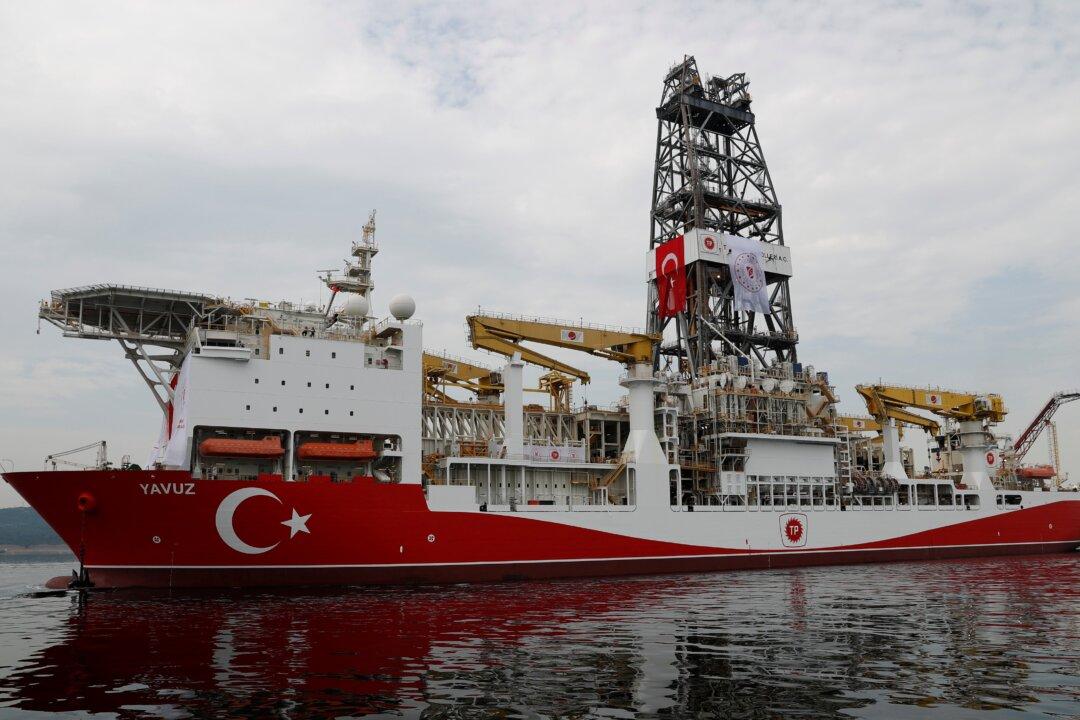ISTANBUL—A Turkish drill ship has left the area where it was operating southwest of Cyprus and reached Turkey’s coast for maintenance in a move the European Union said would help ease tensions in the Eastern Mediterranean.
Refinitiv tracking data showed the Yavuz vessel reached shore and the Energy Ministry said it would now prepare for work in a new location.





